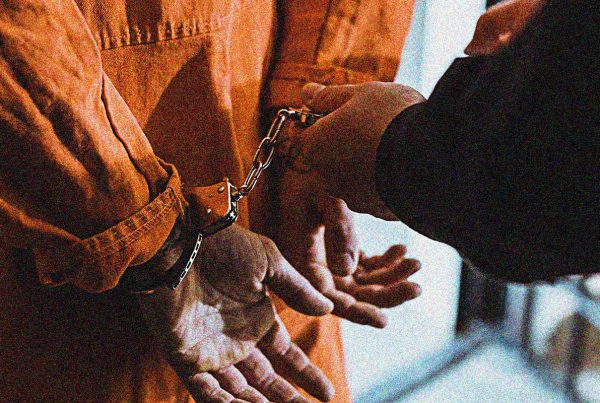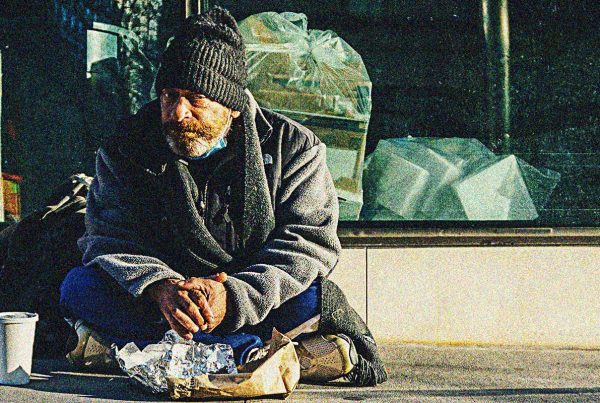Over a ten-day span in March 2020 every Canadian province and territory declared some kind of state of emergency in response to the COVID-19 pandemic. Unprecedented restrictions on individuals’ freedoms quickly followed. Many public spaces across the country were shuttered. Indoor and outdoor gatherings were restricted. Public health recommendations to maintain physical distancing became legally-enforceable laws pursuant to legislation and emergency orders. Many of the laws were overly broad, vague and confusing. Penalties for violating emergency orders were significant – $880 in Ontario, for example, and $1500 in Quebec.
The broader analysis of the civil liberties impact of the COVID-19 pandemic and Canadian governments’ responses to date was examined in a report released by the Canadian Civil Liberties Association earlier this month, “Canadian Rights during COVID19: CCLA’s Interim Report on COVID’s First Wave.”
The CCLA’s second report of the COVID-19 period, co-authored with the Policing the Pandemic Mapping Project, focuses in more detail on one aspect of Canada’s pandemic response: the use of coercive fines and law enforcement to respond to a public health crisis.
Lessons from previous public health emergencies that compliance with public health strategies is most effectively secured through good will and education – not policing, fines and arrests.
For some provinces in Canada, the focus was on education, not enforcement, and many provinces very effectively ‘flattened the curve’ of the pandemic by relying on public health recommendations and education. Other provinces, however, turned to punitive enforcement to secure compliance. The report finds concerning indications that the arbitrary rules, increased enforcement powers, and significant fines are having a disproportionate impact on specific communities, including Black, Indigenous, and other racialized groups, those with precarious housing, recent immigrants, youth, members of the LGBTQ2S community, and certain religious minorities.
About the Canadian Civil Liberties Association
The CCLA is an independent, non-profit organization with supporters from across the country. Founded in 1964, the CCLA is a national human rights organization committed to defending the rights, dignity, safety, and freedoms of all people in Canada.
For the Media
For further comments, please contact us at media@ccla.org.





